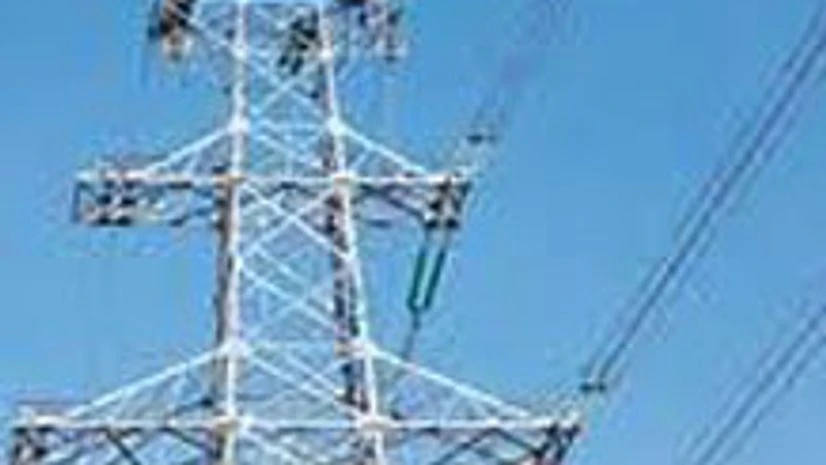The Tamil Nadu government has objected to The Electricity (Amendment) Bill, 2014 and asked the Centre to withdraw it immediately. The state has claimed that draft amendments, which seek to bring significant changes in the existing Electricity Act, were done without taking state governments into confidence or getting their approval.
The Electricity (Amendment) Bill, 2014 was introduced in the Lok Sabha on December 19.
Tamil Nadu Chief Minister O Paneerselvam said that by separating carriage and content in the distribution sector, this Bill will make all power utilities in the public sector unviable.
He also alleged that the Bill seeks to give unbridled access to private players to supply power to consumers and enables them to use the current distribution network of the public sector power companies.
"Without any investment in the distribution network or any responsibility to maintain the network, the proposed supply licensees would be able to access all the high value customers in commercially viable areas, amounting to cherry picking without any social obligations, while the State public sector power utilities would only be left with the obligation of power supply to subsidised categories of consumers. This will make the State public sector power distribution companies further financially sick," Paneerselvam said in a letter to Prime Minister Narendra Modi.
Also Read
In his letter, the chief minister said a skewed amendment to the Act, without any proper consultation with state governments at the appropriate level, and without considering their views, is “against the federal spirit of the Indian Constitution and co-operative federalism which you have been espousing”.
He urged the Centre to withdraw the Bill till a proper discussion and debate on the consequences of such amendments are considered by convening a meeting of chief ministers.
Paneerselvam had earlier also objected to a Constitutional Amendments Bill that seeks to pave the way for introduction of a nationwide Goods and Services Tax (GST), saying states’ objections must be addressed before enacting the law.

)
